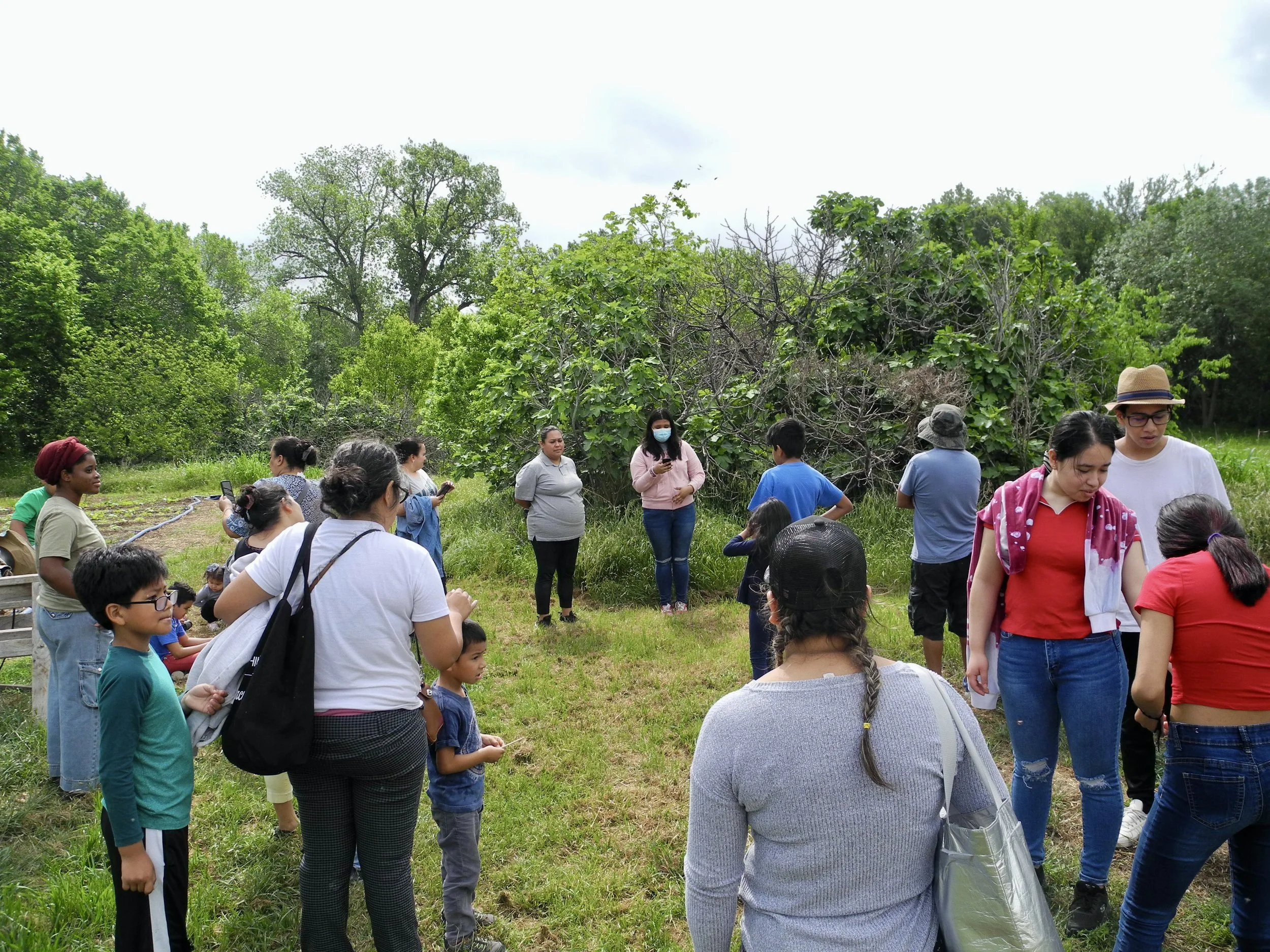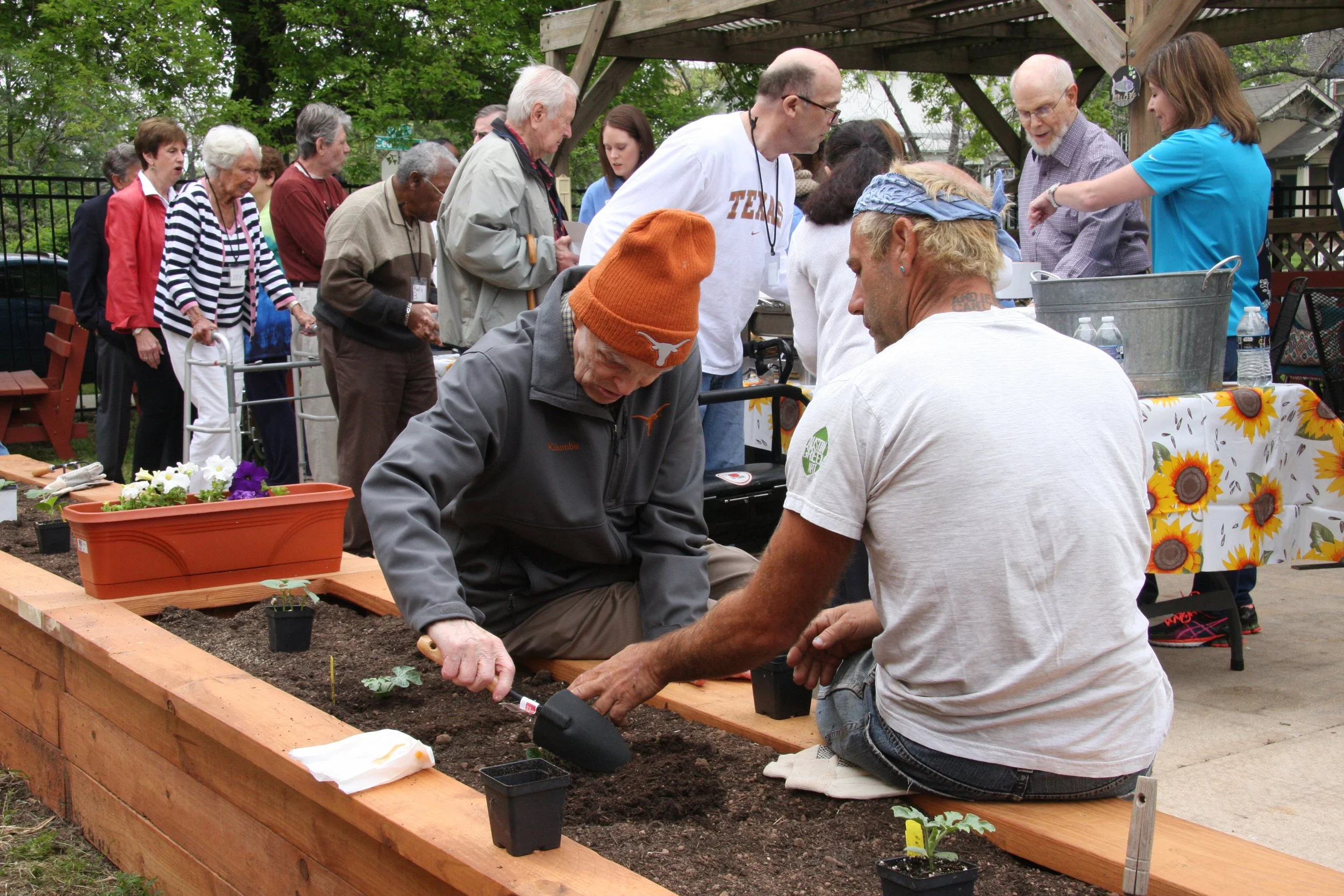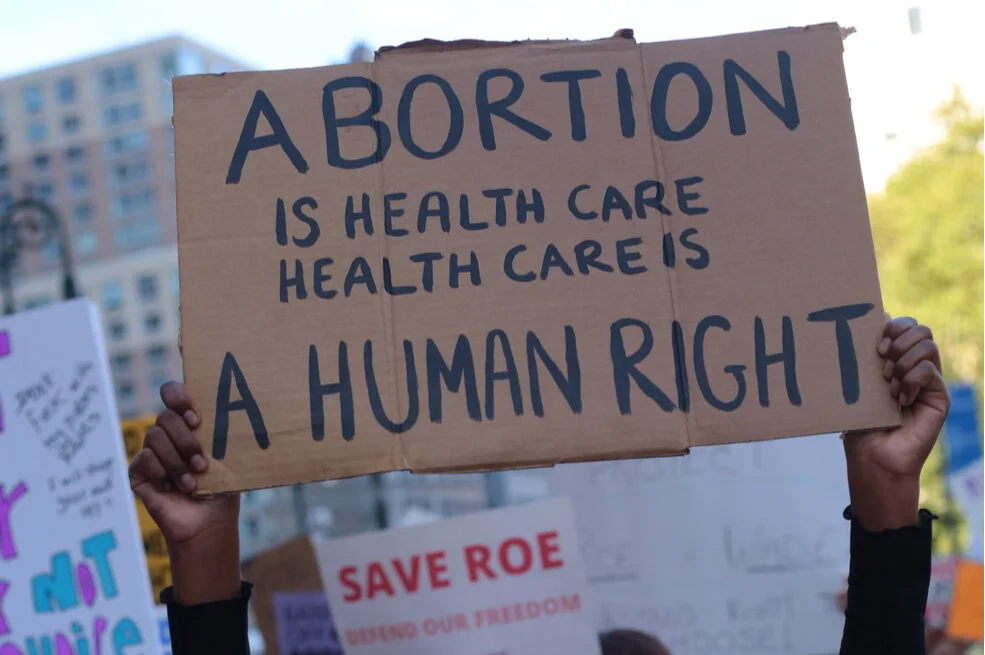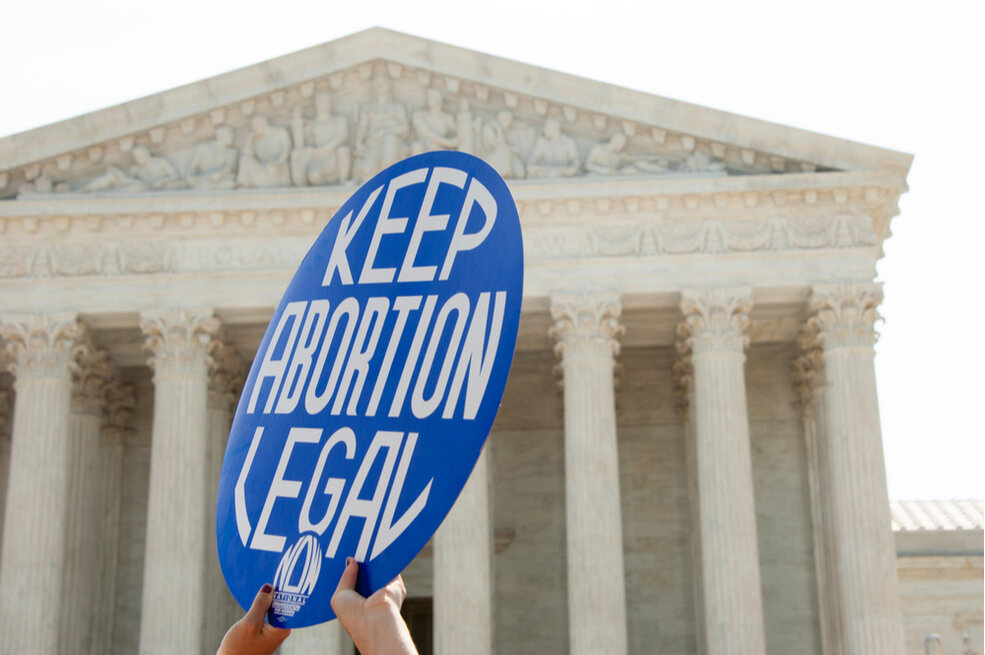Who's Funding to Reduce Maternal Mortality in Texas?
/photo: M Business Images/shutterstock
Maternal mortality is one of those issues that many people think of in a global context, rather than a national or a local one. But compared to other industrialized counties around the world, America’s material morality rates are pretty abysmal. This is more of an issue than many foundations realize right now, but it’s certainly one worth paying attention to.
Last year, we covered initiative by the Groundswell Fund that aims to reduce maternal and infant mortality rates. It pledged $500,000 through its Birth Justice Fund to make midwife and doula care and training more accessible to women of color, low-income women and transgender women.
That effort stood out because it was pretty unusual. But recently, another grantmaking push in this space came to our attention, in Texas.
Obstetrics and Gynecology has reported that the maternal mortality rate in Texas is around 35.8 per 100,000 live births. Worse yet, this figure went up nearly 200 percent between the years 2000 and 2014. Meanwhile in Japan, the maternal mortality rate is more like five per 100,000 live births. It’s been estimated that between 700 and 900 women in the U.S. die each year due to pregnancy and childbirth.
Now is a great time for Texas funders to learn about this health issue and how they can help. This is because the Texas Legislature recently approved funding to look into why low-income women are dying so frequently after giving birth. The Austin-based St. David’s Foundation has already gotten involved and awarded $2 million to local nonprofits who are working to address the issue in Central Texas.
Elizabeth Krause, senior program officer at St. David's Foundation, said:
We know there is a need to reach more underserved women with effective postpartum supports, and we seek to support local solutions. Further, there is a need to develop new approaches to improve access and outcomes. It's our belief that together, our community can transform the fourth trimester for underserved women from a time of risk and fragmentation, to a time that sets moms and babies on a course for a lifetime of good health
Right now, St. David’s is focusing its maternal mortality efforts on low-income women in the area, especially African American moms because they are disproportionately impacted by poor birth outcomes. Moms with opioid addictions are also on the funder’s radar. Newly awarded grants are going towards postpartum screening mechanisms, research about the factors that contribute to maternal mortality, and engaging women in the issue. New grants on this topic ranged from $86,000 to $300,000, and the largest recent grants went to Cardea and UT Steve Hicks School of Social Work.
St. David’s serves a five-county area in Central Texas around Austin and gives out around $70 million each year. Before the close of 2017, the foundation announced over $14.6 million in grants to address healthcare needs close to home. Big themes that emerged from this round of funding were the local elderly population, supporting students pursuing healthcare education, healthy lifestyles for low-income children, and open space improvements for outdoor recreation. Grants of over $1 million went to the Boys and Girls Clubs of the Austin Area for economically disadvantaged youth, Family Eldercare to help seniors age in place, and the Specialty Care initiative for healthcare access in rural areas.
Related:







































